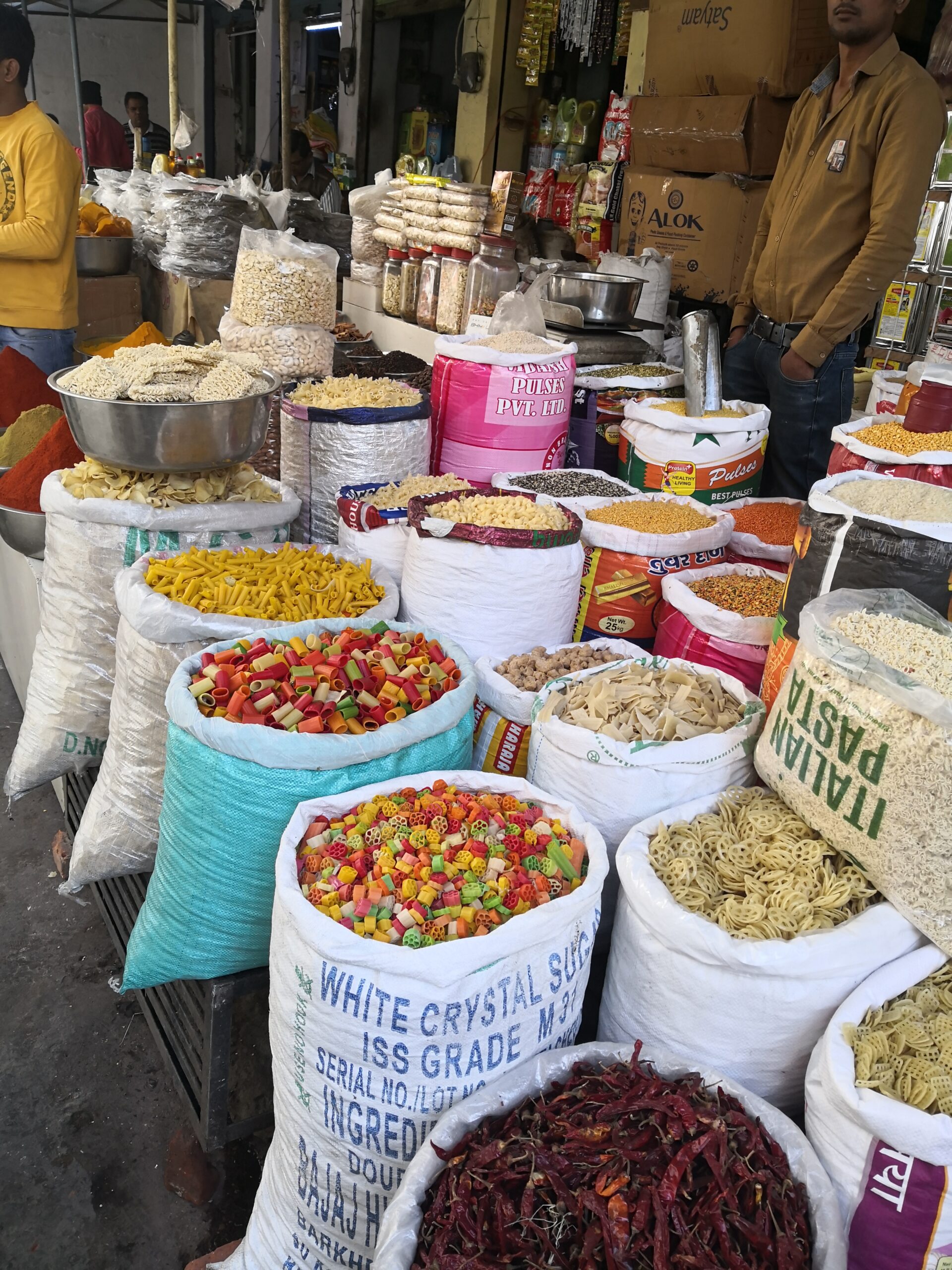Maslow’s hierarchy of needs is one of the best-known theories of motivation. What a profound way of looking at things. While I am not a psychologist, I was reminded of learning about this theory at university while travelling through third world countries.
This theory states that there are 5 categories of human needs that dictate an individual’s behaviour. Only once our most basic needs have been met including food, water, excretion, warmth, rest, health, security and safety financially and physically are we able to expand to further needs. Practically this all makes sense. People who are starving and cold are not worried about feeling accomplished in their career or whether they have achieved their full potential. They are worried about finding their next meal and shelter for the night.
So, what happens when these basic needs are all met. Most people I know have all these basic needs met, they have shelter, they have food and water, a place to sleep at night. But why are people still so unhappy? Why do first world countries have some of the highest rates of suicide? Well one reason is, once these basic needs are met we want to achieve the next stages which are often much hard to achieve.
When travelling through India, I noticed that almost every person had a smile on their face and were so vibrantly dressed in colours. And I’m not even talking about the rich parts of India, I am talking about the poor. The people who were truly focused on these basic needs.
This is a major contrast to walking through Sydney. Most people aren’t smiling, in fact most people look at you annoyed and angry if you get in their way as they march to work. And well there is very little vibrant colours; people are dressed in suits, jeans, navy, grey, black, brown. This extends to colours of the offices people work in.
So why is this? Why do people with all their basic needs met look more unhappy and lifeless then someone who doesn’t. They have a shelter (in fact most have a nice home with a plush mattress), water (flowing free out of a tap ready to drink), food (excess food even), a job, an education and access to free health care.
Well coming back to Manslow’s hierarchy, once these basic needs have been established meeting this next level of needs is essential to feel this ‘happiness’ and in a way they are harder to achieve.
In India, if they source food and shelter and warmth for the day, they feel accomplished for the day. For someone in Sydney, not having achieved; respect from others, mental growth, love connection, purpose and acceptance, well they do feel like they are lacking, they feel unaccomplished.
So, what does all this mean and what can we do about it?
It comes down to recognising this, recognising that fulfilling these needs take time as well as being grateful for the things we have in this hierarchy. Furthermore, it also means progressing up this chart in order. If some of our most important needs are unmet we cannot progress and meet our other needs. This explains why many people are left feeling stuck or unmotivated.

